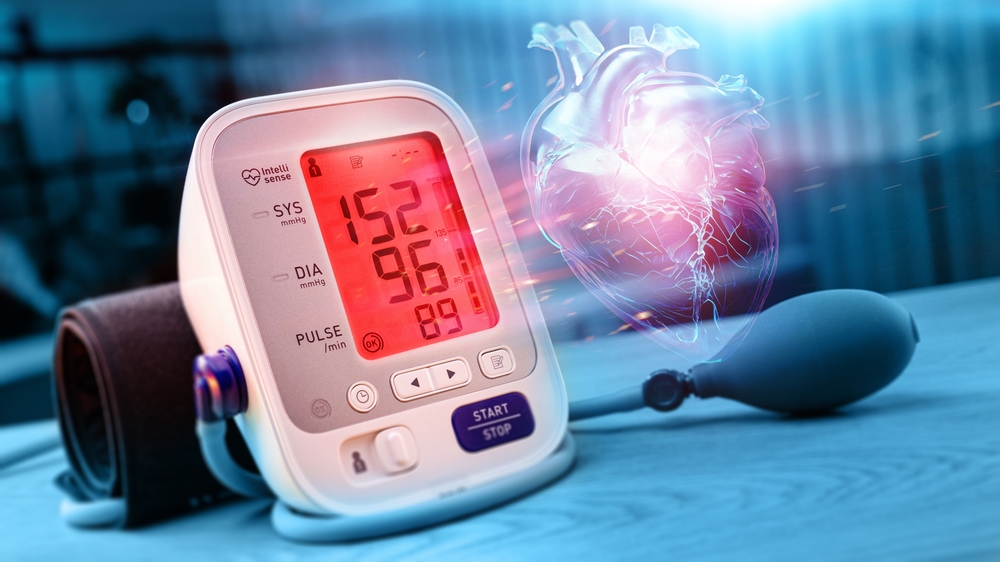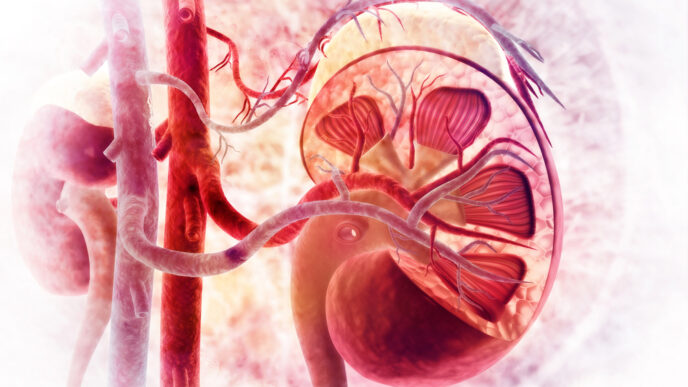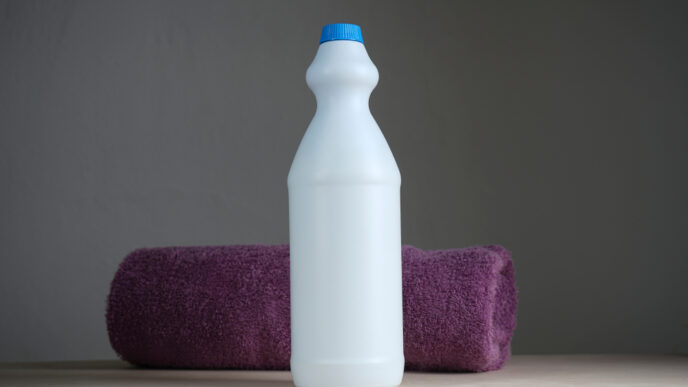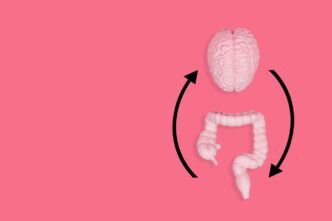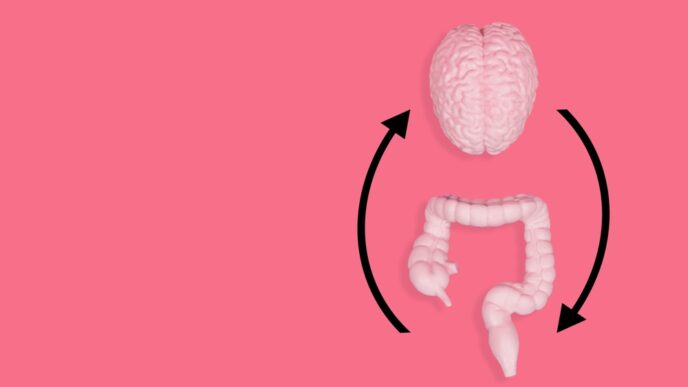Keeping your blood pressure in a healthy range is vital for protecting your heart, brain and kidneys. Even slightly high readings over time can damage arteries, raise your risk of heart attack or stroke, and strain vital organs. Small lifestyle changes now can prevent big health problems later.
WORDS ASSOCIATE PROFESSOR DR VERNA LEE KAR MUN
 FEATURED EXPERT FEATURED EXPERTASSOCIATE PROFESSOR DR VERNA LEE KAR MUN Family Medicine Specialist IMU Healthcare |
TIP 1
Check, Check, Check Your Blood Pressure!
Aim to have your blood pressure checked at least once a year even if you are in good health.
Readings that are consistently above 140/90 in the absence of an illness would be a sign that you have high blood pressure or hypertension.
Those who have a family history of hypertension face a higher risk for developing hypertension should check more regularly so that consistently elevated blood pressure can be detected and treated.
TIP 2
Watch Out for Things That Raise Your Blood Pressure
Most people with high blood pressure or hypertension are aware that they need to reduce their salt intake, get enough exercise, and maintain a healthy body weight.
However, there are also other, lesser-known things that contribute to elevated blood pressure, such as:
- Secondary hypertension caused by other health conditions, the most common being obstructive sleep apnoea, thyroid problems, and chronic kidney disease.
- Certain medications such as decongestants, which constricting blood vessels, and non-steroidal anti-inflammatory drugs (NSAIDs), which can cause retention of salt and water—can increase blood your pressure. While short-term usage of these medications is generally safe, they are best taken with your doctor’s advice.
| Consuming more foods that are naturally high in potassium such as bananas, nuts and citrus fruits can help your body to regulate your blood pressure levels. |
TIP 3
Work Closely with Your Doctor to Manage Your Blood Pressure
Be open about your overall wellness, family history of hypertension and lifestyle habits, as doing so will help your doctor help you.
Your doctor can assist you in setting measurable targets using your blood pressure readings and help you plan for sustained weight management, both of which will support the action of any medications that are prescribed.
BONUS TIP
Hypertension can be reversed with the necessary lifestyle changes. Start with small measures such as:
- Using the stairs instead of an elevator.
- Parking farther away from your destination so that you will walk and move more.
- Reduce the amount of sauces and gravies in your daily diet.
| This article is part of our series on how to lead a healthy and happy life. |


